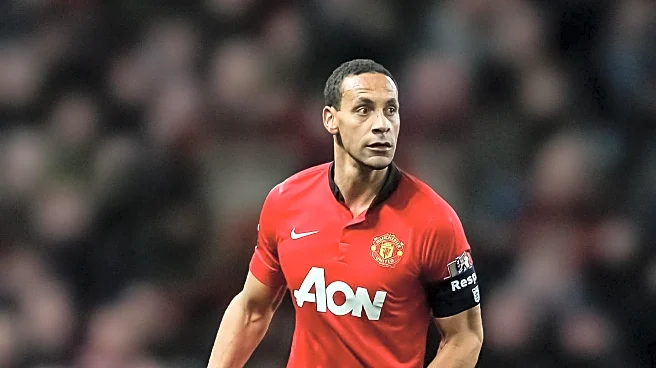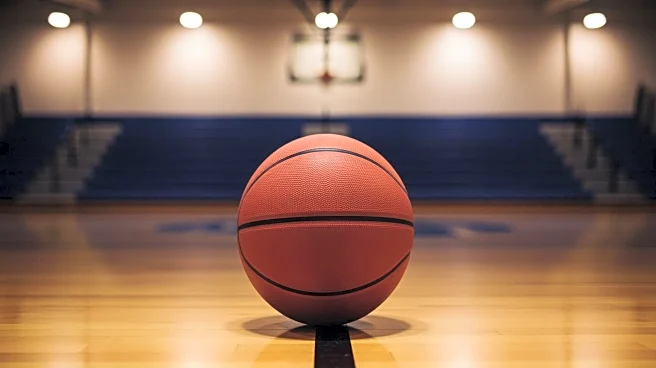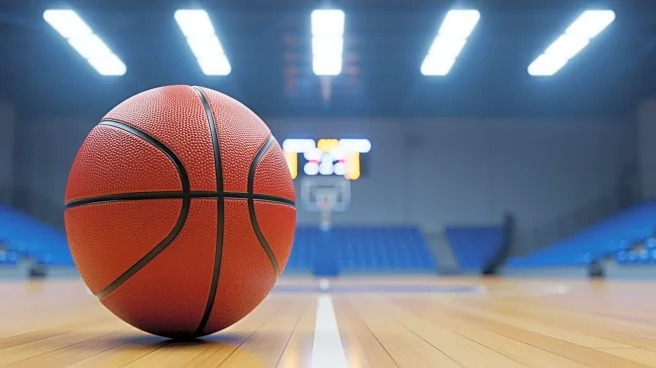What's Happening?
Jayden Daniels, quarterback for the Washington Commanders, has been confirmed to have no ligament damage in his right elbow following an injury against the Seattle Seahawks. Head coach Dan Quinn announced
that Daniels will not require surgery or a stint on injured reserve, with an MRI showing no damage in the dislocated elbow. Daniels could potentially return after the team's bye in Week 12. The injury occurred during a game where the Commanders were trailing significantly, marking their fourth consecutive loss. Daniels has missed four starts this season, and Marcus Mariota will continue to fill in during his absence.
Why It's Important?
The confirmation that Jayden Daniels will not need surgery is crucial for the Washington Commanders, as it allows for a quicker recovery and return to play. Daniels is a pivotal player for the team, and his absence has contributed to their recent losing streak. The decision to avoid placing him on injured reserve keeps roster options open for the Commanders. Marcus Mariota's performance as a substitute will be critical in upcoming games, impacting the team's chances of breaking their losing streak. Daniels' swift recovery is essential for the Commanders' offensive strategy and overall team morale.
What's Next?
Marcus Mariota will continue to start for the Commanders in Daniels' absence, with the team facing the Detroit Lions next. Head coach Dan Quinn plans to update Daniels' condition after the bye week, which could influence the team's approach for their game against the Denver Broncos. The Commanders must carefully manage their quarterback situation, balancing immediate game performance with long-term player health considerations.
Beyond the Headlines
The situation with Jayden Daniels underscores the importance of player management and decision-making during games with significant score disparities. It raises questions about the balance between competitive play and player safety. The Commanders' approach to handling Daniels' injury may influence future strategies in the NFL regarding player health and game management, particularly in the context of protecting key players during high-stakes matches.









